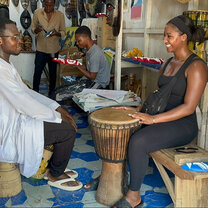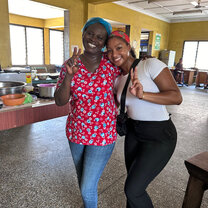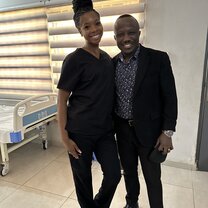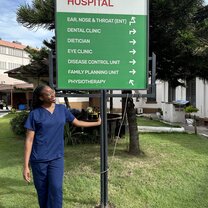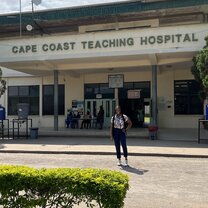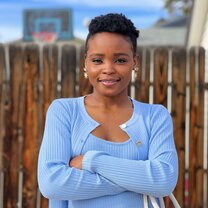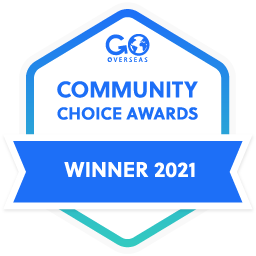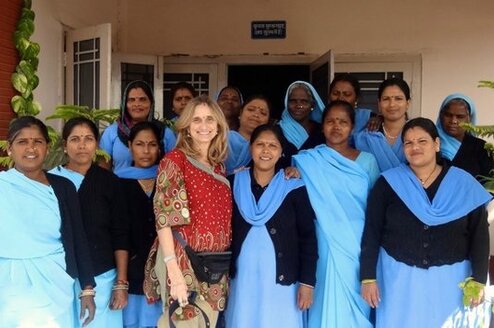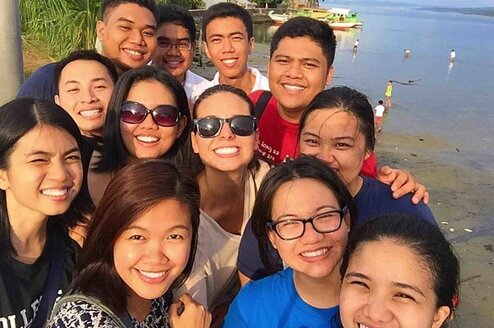Global Health Experiential Education in Ghana
- Ghana
- Accra
- Cape Coast
About Program
Discover the cultural intricacies of Ghana, located in West Africa through CFHI’s immersion programs. You will observe and learn how medical professionals administer essential healthcare services to their communities. Partake in the following learning experiences to gain a global understanding of the overall Ghanaian healthcare:
Global Health in Ghana, Accra: Join local medical professionals in the historic Children's Hospital in Accra and see how these professionals provide care in a resource-poor environment.
Global Health in Ghana, Cape Coast: Rotate among various departments of the Cape Coast Teaching Hospital, the main healthcare provider for many of the coastal communities, and explore community health centers affiliated with the hospital.
Stay in student housing arranged for you and use your free time to explore the local setting. Your Ghana adventure awaits!
Video and Photos
Diversity & Inclusion 💙
BIPOC Support
LGBTQIA+ Support
Neurodivergent Support
Accessibility Support
Impact 🌎
Sustainability
Ethical Impact
Program Highlights
- Engage with medical professionals to learn about healthcare and also the prevention and management of various diseases.
- Experience the various roles stakeholders play towards achieving Social Development.
- Participate in scheduled public health visits to local schools.
- Participants would be accommodated in a home-stay currently owned and operated by CFHI's partner: The FEB Foundation.





